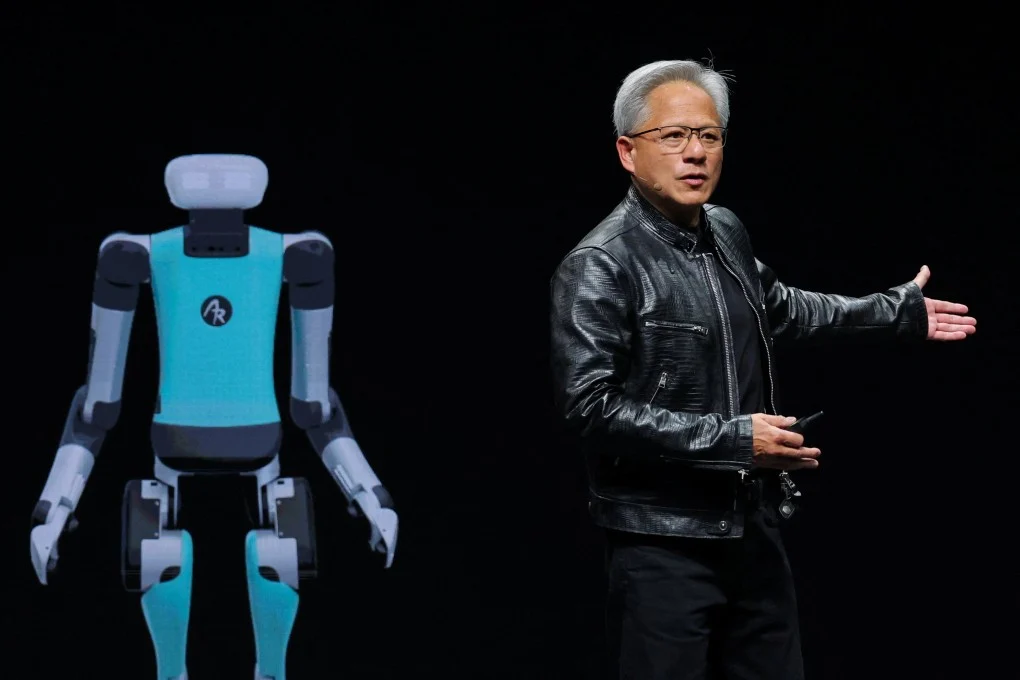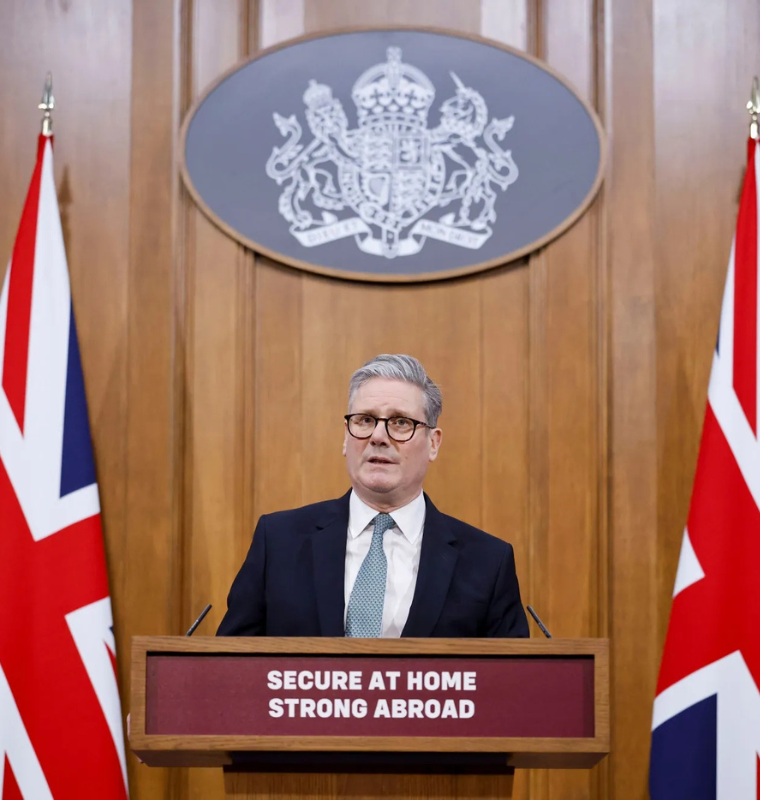Nvidia CEO Hints at Blackwell AI Chip Entry Into China Market
Nvidia CEO Hints at Blackwell AI Chip Entry Into China Market
By
Junia Wells
Last updated:
August 28, 2025
First Published:
August 28, 2025

Photo: South China Morning Post
Huang Sees Opportunity in China’s AI Market
Nvidia CEO Jensen Huang said there is a “real possibility” that the company could introduce its next-generation Blackwell AI processors to China, provided U.S. regulators approve export licenses. Speaking during Nvidia’s second-quarter earnings call, Huang emphasized that American chipmakers must remain competitive globally to ensure U.S. technology becomes the industry standard.
“The opportunity for us to bring Blackwell to the China market is a real possibility,” Huang said. “We just have to keep advocating the importance of American tech companies to lead and win the AI race.”
China currently represents the second-largest AI market worldwide, which Huang estimates could be worth $50 billion this year alone, with potential annual growth of 50%.
Nvidia’s Record-Breaking Financials
Nvidia reported second-quarter revenue of $54 billion, up 56% year-over-year, even without selling a single H20 chip to China. Instead, the company redirected $180 million worth of H20 inventory to another international customer, generating about $650 million in sales.
For the October quarter, Nvidia maintained its revenue forecast at $54 billion, not factoring in any H20 sales due to ongoing uncertainty. The company said that depending on geopolitical developments, potential sales of H20 chips could range between $2 billion and $5 billion.
“If we had more orders, we can build more,” CFO Colette Kress told analysts, underscoring Nvidia’s supply readiness.
U.S.–China Trade Tensions and Regulatory Challenges
Huang has been actively engaging with U.S. officials to secure approvals. He visited the White House twice this summer, lobbying for export licenses. In August, President Donald Trump and Huang reached a preliminary deal: Nvidia would be allowed to sell its H20 chips to China in exchange for the U.S. government taking 15% of sales revenue.
However, no official regulation has yet been published. Kress confirmed that “U.S. officials have expressed an expectation” for a 15% revenue share, but the framework remains unclear.
Export restrictions also mean that any Blackwell chip shipped to China would likely need to be modified — deliberately slowed or limited in performance — to comply with U.S. rules. Trump himself remarked that the Blackwell is “super-duper advanced” and said he would only consider approving a “somewhat diminished” version for export.
Competitive Pressure in China
China’s government has been encouraging AI firms to adopt domestically developed processors instead of relying on Nvidia’s high-performance chips. While this policy could erode Nvidia’s dominance, Huang argues that restricting U.S. technology exports could accelerate Chinese chipmakers’ ability to catch up, ultimately creating stronger competition for American firms.
“The best option is for Chinese AI developers to use Nvidia’s ecosystem,” Huang noted, stressing that keeping Nvidia technology in the Chinese market helps maintain U.S. leadership in AI.
The Road Ahead
Despite regulatory headwinds, Huang remains bullish on Nvidia’s prospects in China. He sees the Blackwell processor — already driving the majority of Nvidia’s data center revenue — as a critical product to capture growth in the world’s second-largest AI market.
With China’s AI investments scaling rapidly and U.S. policymakers weighing national security concerns, Nvidia’s future in the region will depend on the fine balance between commercial opportunity and geopolitical risk.
Popular articles
Subscribe to unlock premium content
How Blue Bottle Coffee Became a $700M Specialty Coffee Icon

Gordon Moore: The Man Behind Moore’s Law and the Tech Revolution

How Shein Became a Fast Fashion Powerhouse Without Traditional Advertising

How Blue Bottle Coffee Became a $700M Specialty Coffee Icon

Gordon Moore: The Man Behind Moore’s Law and the Tech Revolution

How Blue Bottle Coffee Became a $700M Specialty Coffee Icon









